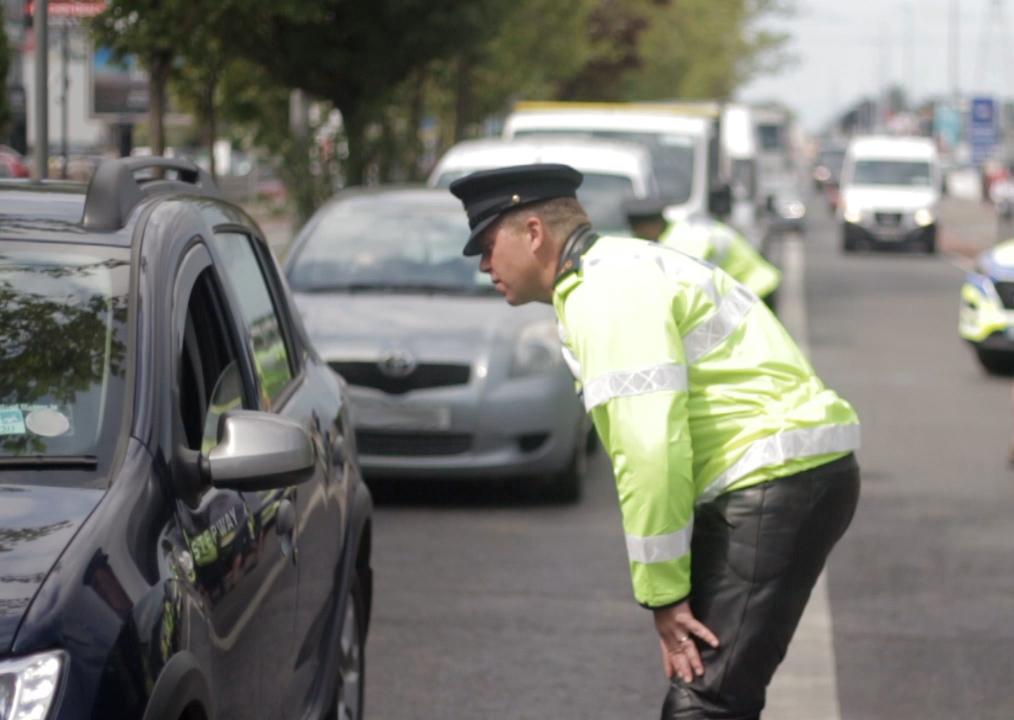- Gardaí have invoked regulations 320 times out of over a million interactions with the public – an increase of 7 from last week’s update
- None of the incidents took place over the last week, with 7 other new records relating to previous weeks
- Pre-existing enforcement powers used in 2,177 incidents
- 121 incidents of spitting and/or coughing against members of An Garda Síochána
- 36,088 vetting applications for COVID-related roles processed. Garda National Vetting Bureau has been fully up-to-date throughout 2020 with all vetting applications with a current turnaround time for vetting applications of one day.
In supporting the COVID-19 public health guidelines, An Garda Síochána has adopted a graduated policing response based on its tradition of policing by consent. This has seen members of An Garda Síochána engage, educate, encourage and, as a last resort, enforce.
In what is a very small minority of cases across the country, despite receiving a number of warnings, some individuals were still not willing to take steps to comply with the public health guidelines and the regulations were used under the Health Act 1947- Section 31A- Temporary Restrictions (COVID-19) Regulations 2020.
From 8 April, which was when the regulations came into effect, until 27 June 2020 inclusive, Gardaí have invoked the regulations 320 times out of more than a million interactions with the public. These include both arrests and incidents without arrest where name and address details were taken for consultation with the DPP on the decision to issue charges. Arrest remains a last resort.
Of the 320 incidents, two were as a result of an instruction from a relevant medical professional as per the Act.
As per Garda policy in relation to the regulations, in all cases where arrests were made under the regulations, members of An Garda Síochána must consult with the Director of Public Prosecutions on the decision to charge.
To date, in 110 of these incidents a charge or summons has issued. Most incidents involve a single individual but some have resulted in charges against multiple people. To date, in 29 of the 320 incidents the DPP directed no charge. The remainder continue to be under criminal investigation.
In addition, pre-existing enforcement powers were used in 2,177 incidents where other offences were disclosed in the course of COVID-19 operations. These range from incidents such as drink driving or disqualified drivers detected at checkpoints, to drugs and weapons seizures, to public order offences.
The number of incidents involving other suspected crimes continues to far exceed the number of cases involving only breaches of Government restrictions.
Deputy Commissioner, Policing & Security, John Twomey said: “There has been very good compliance with the public health guidelines to date. As we enter Phase 3 it still remains important for people to continue to heed public health advice to help reduce the spread of COVID-19.
“At the outset of the COVID-19 situation, An Garda Síochána said it will continue to operate as a community-based policing service with a focus on protecting the vulnerable. This approach will not change during this phase.”
From 8 April until 27 June 2020 inclusive, there were 121 incidents of spitting and/or coughing against members of An Garda Síochána.
From 8 April until 27 June 2020 inclusive, members of An Garda Síochána had to use anti-spit guards 82 times.
“Gardaí continue to be subject of disgusting and despicable spitting and coughing attacks. This remains a serious concern for the organisation. These are a significant health and safety risk to our members in the current environment. We must protect them from such attacks,” said Deputy Commissioner Twomey.
“This includes having the option of using anti-spit guards in very limited circumstances. We have made it clear these anti-spit guards are only to be used as last resort and in line with the Garda Decision Making Model, which includes at its centre human rights and our Code of Ethics.”
Anti-spit guards provide an additional tactical option to be considered by a Garda, as a last resort in a continuum of graduated response, in circumstances where ‘there is clear evidence of spitting now or where a member believes there is a clear and tangible threat of spitting posed by the subject’.
The Garda policy and use of anti-spit guards will be reviewed by An Garda Síochána in September 2020.
From 12 March 2020 to 27 June 2020, the Garda National Vetting Bureau (GNVB) has processed 36,088 vetting applications for COVID-related roles. This includes applications across medical and healthcare roles, and voluntary groups. GNVB has been fully up-to-date throughout 2020 with all vetting applications with a current turnaround time for vetting applications of one day.
Notes:
The numbers in this release are based on real time data and the numbers of incidents is subject to change as incidents are recorded and reviewed.
Members of An Garda Síochána do not keep a record of interactions they had with the public where they did not use the regulations i.e. how many times persons voluntarily turned around at checkpoints, or elsewhere, following engagement, education or encouragement by An Garda Síochána.
Want to get €5, absolutely free? Sign up to the ‘Smart’ Debit Card – Curve today, and earn a fiver on us! Find out more here.

